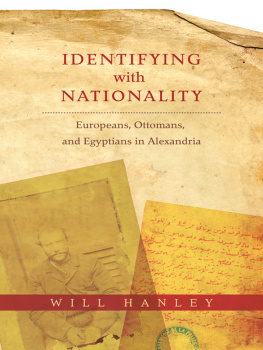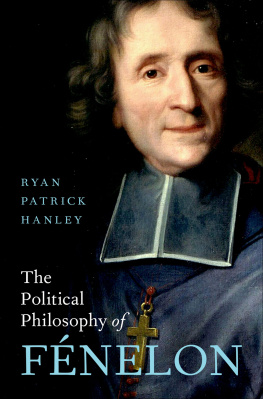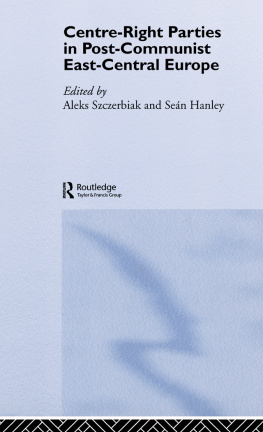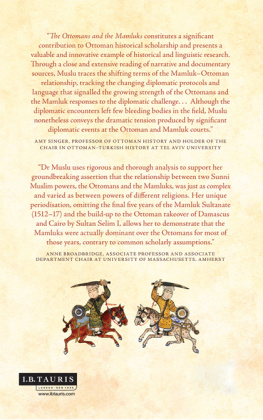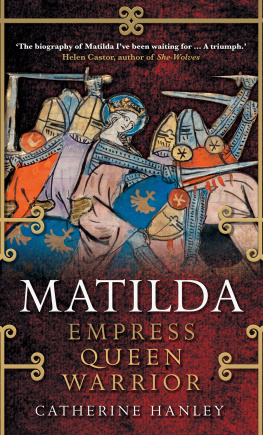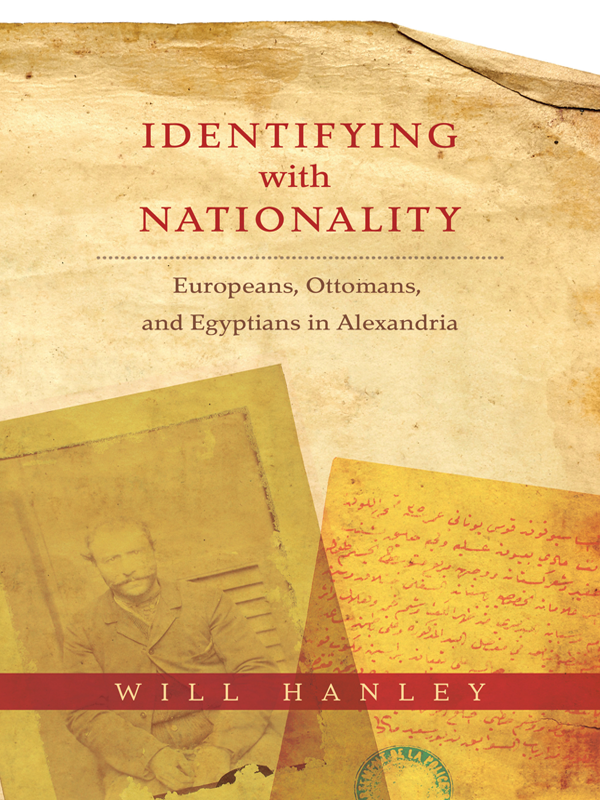Table of Contents
Identifying with Nationality
Columbia Studies in International and Global History
Columbia Studies in International and Global History
The idea of globalization has become a commonplace, but we lack good histories that can explain the transnational and global processes that have shaped the contemporary world. Columbia Studies in International and Global History encourages serious scholarship on international and global history with an eye to explaining the origins of the contemporary era. Grounded in empirical research, the titles in the series transcend the usual area boundaries and address questions of how history can help us understand contemporary problems, including poverty, inequality, power, political violence, and accountability beyond the nation-state.
Cemil Aydin, The Politics of Anti-Westernism in Asia: Visions of World Order in Pan-Islamic and Pan-Asian Thought
Adam M. McKeown, Melancholy Order: Asian Migration and the Globalization of Borders
Patrick Manning, The African Diaspora: A History Through Culture
James Rodger Fleming, Fixing the Sky: The Checkered History of Weather and Climate Control
Steven Bryan, The Gold Standard at the Turn of the Twentieth Century: Rising Powers, Global Money, and the Age of Empire
Heonik Kwon, The Other Cold War
Samuel Moyn and Andrew Sartori, eds., Global Intellectual History
Alison Bashford, Global Population: History, Geopolitics, and Life on Earth
Adam Clulow, The Company and the Shogun: The Dutch Encounter with Tokugawa Japan
Richard W. Bulliet, The Wheel: Inventions and Reinventions
Simone M. Mller, Wiring the World: The Social and Cultural Creation of Global Telegraph Networks
Identifying with Nationality
Europeans, Ottomans, and Egyptians in Alexandria
WILL HANLEY
Columbia University Press
New York
Columbia University Press
Publishers Since 1893
New York Chichester, West Sussex
cup.columbia.edu
Copyright 2017 Columbia University Press
All rights reserved
E-ISBN 978-0-231-54252-4
Library of Congress Cataloging-in-Publication Data
Names: Hanley, Will, 1974 author.
Title: Identifying with nationality : Europeans, Ottomans, and Egyptians in Alexandria / Will Hanley.
Description: New York : Columbia University Press, [2017] | Series: Columbia studies in international and global history | Includes bibliographical references and index.
Identifiers: LCCN 2016042344 (print) | LCCN 2017000063 (ebook) | ISBN 9780231177627 (cloth : alk. paper) | ISBN 9780231542524 (e-book)
Subjects: LCSH: Alexandria (Egypt)Ethnic relationsHistory. | NationalismEgyptAlexandriaHistory. | CitizenshipEgyptAlexandriaHistory. | Group identityEgyptAlexandriaHistory.
Classification: LCC DT154.A4 H375 2017 (print) | LCC DT154.A4 (ebook) | DDC 962/.1dc23
LC record available at https://lccn.loc.gov/2016042344
A Columbia University Press E-book.
CUP would be pleased to hear about your reading experience with this e-book at .
Cover design: Rebecca Lown
To the memory of Yaguine Koita and Fod Tounkara.
Contents
T hanks to Adam McKeown for his generous engagement with my manuscript, to my anonymous reviewers for their suggestions, and to Matthew Connelly, Anne Routon, and Rob Fellman for bringing this book to light at Columbia University Press. Numerous people inspired and encouraged me in the years Ive worked on this book; I can name only a few here. Hussein Omar, Elena Chiti, Matt Ellis, Beth Holt, Ccile Shaalan, and Khaled Fahmy referred me to source material, and Khaled taught me to read these documents in the first place. Workers at all of the archives I consulted helped me find materials; special thanks to Anne-Sophie Gras in Nantes. Aaron Jakes, Jeff Culang, Shane Minkin, John-Paul Ghobrial, Mary Dewhurst Lewis, Sarah Abrevaya Stein, Valeska Huber, and Lale Can commented on portions of the book. Robert Tignor, Molly Greene, Dirk Hartog, and Roger Owen continued to support my work long after they were relieved of duty. Elizabeth Dale, Mitra Sharafi, and Barbara Welke were patrons of my reorientation toward legal history.
I am grateful to the funders, organizers, and fellow participants of five extended seminars where I was able to develop this book: an NEH Summer Seminar at George Washington University (Dina Khoury), a Rechtskulturen fellowship at Berlins Forum Transregionale Studien (Alexandra Kemmerer), the Hurst Summer Institute in Legal History in Madison, the ZMO Berlin summer academy in Istanbul, and the Harvard-Ko Ottoman Summer School in Cunda. I also benefited from invitations to present some of the contents in Montreal (Laila Parsons), Berlin (Christian Sassmannshausen), Washington (Shira Robinson), Philadelphia (Eve Troutt Powell), Toronto (Willem Maas), Jerusalem (Liat Kozma), Durham (Edward Balleisen), Gttingen (Irene Schneider), Aix (Angelos Dalachanis), Brussels (Pieter Lagrou), and New York (Lale Can and Jeff Culang). I have incorporated portions of two articles into this text: Grieving Cosmopolitanism in Middle East Studies, History Compass 6, no. 5 (2008): 13461367; and When Did Egyptians Stop Being Ottomans? An Imperial Citizenship Case Study, in Multilevel Citizenship, edited by Willem Maas (Philadelphia: University of Pennsylvania Press, 2013), 89109.
The research and writing of this book were supported by funds from Princeton University and its history department, the Social Sciences and Humanities Research Council of Canada, the Tomlinson Postdoctoral Fellowships (McGill University), and Florida State University. At FSU, my chairs Neil Jumonville, Elna Green, Jonathan Grant, and Ed Gray offered support, funding, and patience. I am grateful for the research assistance of Alex Shelby, Erica Johnson, and Jonathan Moury. Special thanks to my mentors Peter Garretson and Fritz Davis and my friend Adam Gaiser.
My sister-in-law Dominique Leman and my neighbors Sion Doman and Angelica Baeza offered me space to write. I am grateful to my parents for their examples as writersI wish I could write as quickly as my dad or as carefully as my momand to my brother Bede for his presence in my life. Loving thanks to Marie-Claire Leman for her abiding respect for this book, and to our children, Emma, Sabri, and Ingrid, for their long-suffering and unreasonable accommodation of it.

